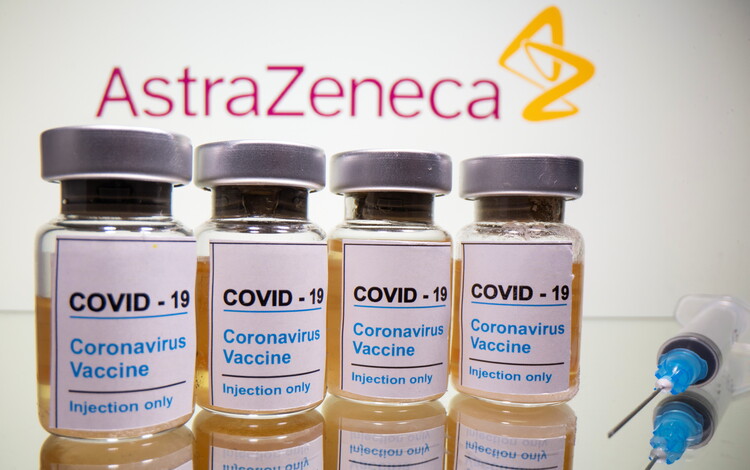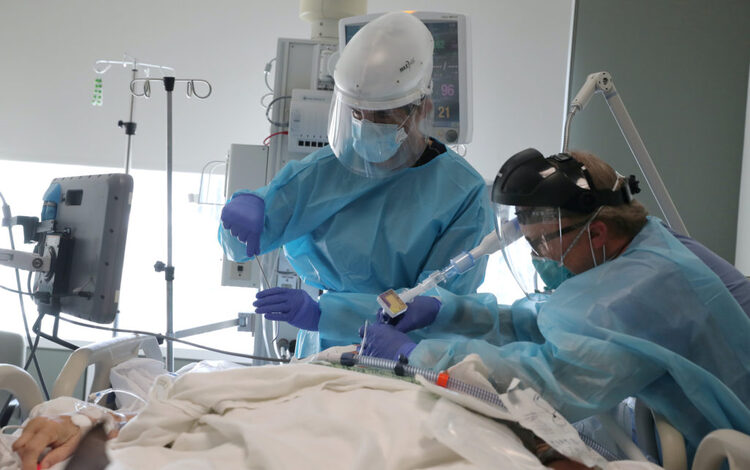In a significant development, AstraZeneca has made a pivotal admission regarding its COVID-19 vaccine in court documents, conceding for the first time that it can lead to a rare side effect. This admission comes amidst mounting legal pressure and a class action lawsuit alleging serious injury and death resulting from the vaccine.

The pharmaceutical giant, in collaboration with the University of Oxford, finds itself embroiled in legal proceedings where it is accused of causing severe harm, including fatalities, through its vaccine. The case was brought to light by Jamie Scott, a father of two, who suffered a permanent brain injury after receiving the AstraZeneca vaccine, leaving him unable to work.
The crux of the legal battle revolves around the acknowledgment of Thrombosis with Thrombocytopenia Syndrome (TTS) as a potential side effect of the vaccine. TTS manifests as blood clots and low blood platelet count, leading to severe health complications. While AstraZeneca has contested the claims, it has, in a notable reversal, conceded in court documents that the vaccine can indeed cause TTS in very rare instances.
This admission has significant implications, potentially paving the way for substantial legal payouts to victims and their families. With over fifty cases lodged in the High Court seeking damages amounting to millions of pounds, AstraZeneca’s acknowledgment could prompt further compensation for those affected.
Despite AstraZeneca’s recognition of TTS as a possible consequence of its vaccine, the company maintains that the causal mechanism is not fully understood. Moreover, it asserts that TTS can occur independently of the vaccine, complicating the determination of causation in individual cases.
The delay in AstraZeneca’s admission has drawn criticism from legal representatives of the claimants, who argue that the company’s reluctance to acknowledge the link between the vaccine and TTS has prolonged the suffering of affected individuals and their families. They highlight the discrepancy between AstraZeneca’s stance and the consensus within the medical community regarding the association of TTS with the vaccine.
Amidst these legal battles, AstraZeneca emphasizes its commitment to patient safety, citing stringent regulatory standards governing the use of vaccines. The company underscores the global recognition of the AstraZeneca-Oxford vaccine’s efficacy in combating the pandemic, saving millions of lives worldwide.
While the AstraZeneca vaccine has been praised for its effectiveness, concerns regarding its safety persist, particularly regarding rare adverse effects such as TTS. The UK government, which indemnifies AstraZeneca against legal action, faces scrutiny for its handling of the situation, with calls for intervention to address the grievances of affected individuals and ensure adequate compensation.

As the legal proceedings unfold, the spotlight remains on AstraZeneca’s accountability and the broader implications for vaccine safety and public health policy. The outcome of these legal battles could set precedents for future cases involving vaccine-related injuries and liability, underscoring the need for transparency, accountability, and robust regulatory oversight in the development and distribution of vaccines. Source
